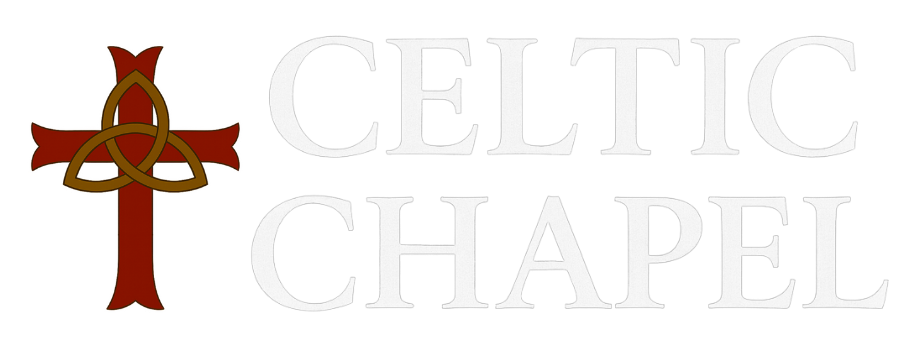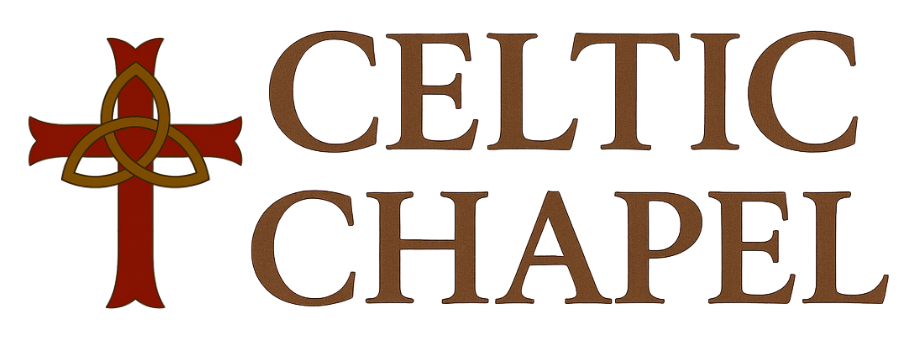What is a Celtic Christian?
Let us first begin with Christian. The most direct answer is a follower of Christ. A Christian has made the conscious decision to follow Christ and his teachings. They have accepted the redemption his death on the cross offers, and they believe in his promise of resurrection and eternal life.
As the teachings of Jesus cover all aspects of life, a Christian integrates these principles into everything they do. From “loving your neighbor as yourself” to respecting your body as the “Temple of God,” we are asked to truly take a holistic approach to not only our own well-being but also that of all those around us and the environment we live in.
With humility, we understand that none of us are perfect and “all have fallen short of the glory of God.” It is by the sacrifice of Jesus on the cross that we are saved, and we are asked to choose to embrace it.
It is fair to say that most people understand the importance of training your body to live a healthy life. Those same people would also agree to the importance of training your mind to reach your greatest potential. But it is not even discussed to train your spirit to reach the ultimate state of grace and live a fully integrated life. Why?
It is here that we discuss Celtic from the above question.
The Bible very clearly and frequently discusses the spirit, and it frequently references the powers of the spirit that Christ shared with his disciples. Many are the miracles they, and the apostles, later performed in his name. But something very curious seems to happen. As time continued, the miracles all but disappeared. Certainly every now and then a Saint would come along and perform some blessing that would renew peoples' faith, but by and large these events dried up like a river in time.
Today, many religious organizations actively dismiss such historical events, and some passionately suppress any attempts to study or understand these miracles. This doesn’t even touch upon the condemnation any would suffer if they tried to recreate these miracles. Christ may have given the instruction to “take up your cross and follow him,” but most religions today only interpret that to mean his philosophies and lifestyle. Not his miracles. Try living that portion of his life, and you can quickly be labeled evil or a disciple of the devil. Again, we have to ask why.
In an attempt to restore these lost teachings, we turn to the partially restored energetic systems of the Celts. It must be acknowledged that even this descriptor is rather vague both as a historical reference and for specifically linked techniques. While it is accepted that the Celtic traditions played an important role among the peoples of the early Christian faith, it is impossible to assign specifics. Sadly, even then, almost a millennium after the time of Christ's birth, we have very little direct information, as their traditions were mostly oral and have been cobbled together from exhaustive study and deduction.
Even with the above caveats, the idea of leaving one-third of our whole being to rot in atrophy is not a worthy choice. Looking around the world, it is clear how many desperately search for some true meaning. So many people turn to terribly destructive alternatives as they seek to fill the emptiness of their souls.
That is not the “more abundant” life that Christ promises, and that is why we pursue a fully integrated life. The life of a Celtic Christian.

